A multi-million-dollar glow up is underway at the University of Tennessee Health Sciences Center (UTHSC) campus in a plan that includes the $19.4 million demolition of a much-criticized, abandoned hotel on Madison.
The plan was laid before the UTHSC board in a meeting Friday by Executive Vice Chancellor and Chief Operating Officer Raaj Kurapati. The slate of projects underway at the Medical District school totals more than $100 million, Kurapati said.
While not the most expensive project on the list, Kurapati said there is one that “everybody gets excited about every time we speak about it.”
“That is the demolition of the eyesore of a building that comes on when we drive on to campus — that’s the Holiday Inn tower and the adjacent buildings,” he said. “We’ve been able to put together some funds to be able to finally say we’re going to move forward with that.”
The buildings are currently under review for hazardous materials. Demolition work is slated to proceed next month, according to a slide shown during the meeting. That work, however, will likely only include readying the site, including things like erecting a fence around its perimeter. The work is expected to be complete by June 2026 at a cost of about $19.4 million.
UTHSC bought the buildings from the Memphis Bioworks Foundation in 2015 for just around $1.5 million million. The parcels were eyed for purchase by the school as early as 2013, nearly a decade ago. A UTHSC board committee said at the time they were interested in the buildings for “for the control and future use of the land base as anticipated in the UTHSC” master plan.
The school’s 2020 master plan said UTHSC’s new College of Medicine building will be “located at the southwest corner of Pauline and Madison on the old hotel site.”
UTHSC officials sought a developer in 2015 to transform the existing 12-story building into a hotel and conference center, according to a story at the time from The Daily News. While the school earned the approval to do so, it was apparently unable to find a develop for the project.
The building has been vacant ever since. This has earned the building criticism for years.
“UT is forever planning on developing that site but I wouldn’t hold my breath,” wrote u/tristanape on Reddit two years ago in a discussion of the building. “My understanding is the cost to knock it down and clear out the asbestos is just too much.”
That is at least partly true, according to Kurapati’s update on the project Monday.
“The reason it took a while is because there’s a lot of remediation work that needed to be done, clearly because it’s a very old building,” he told committee members. “There’s some asbestos, and other building practices, and materials that were used that call for us to be very diligent about making sure that we bring it down in a very safe and responsible manner.”
The most expensive item on the list of upcoming capital projects at UTHSC is a new Gross Anatomy Lab. Renovation work is now underway for the $30 million project on about 35,000 square feet of the school’s General Education Building.
Gross anatomy is the study of the human body’s structure visible to the naked eye like bones, muscles, and organs.
Also, expect a new fencing project to commence around UTHSC soon. That project is set to showcase the school in the community and to provide better security for parking lots that have seen some break-ins recently.



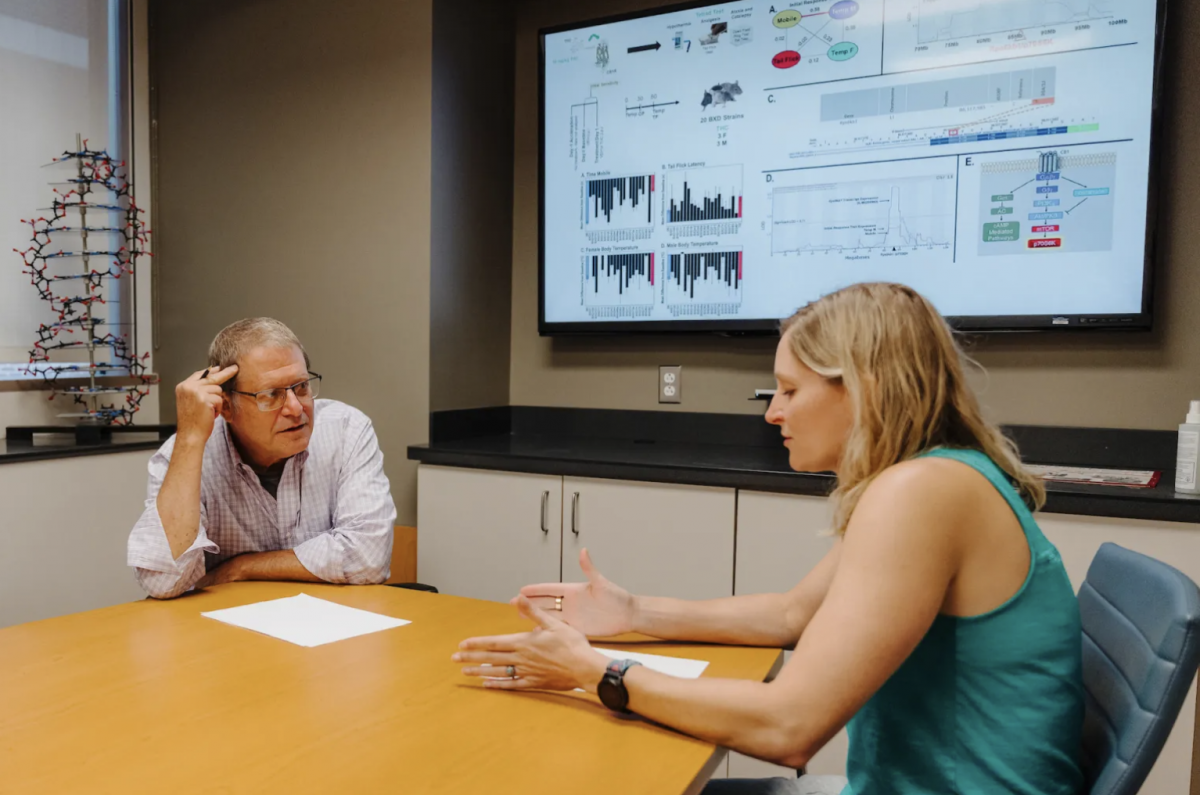
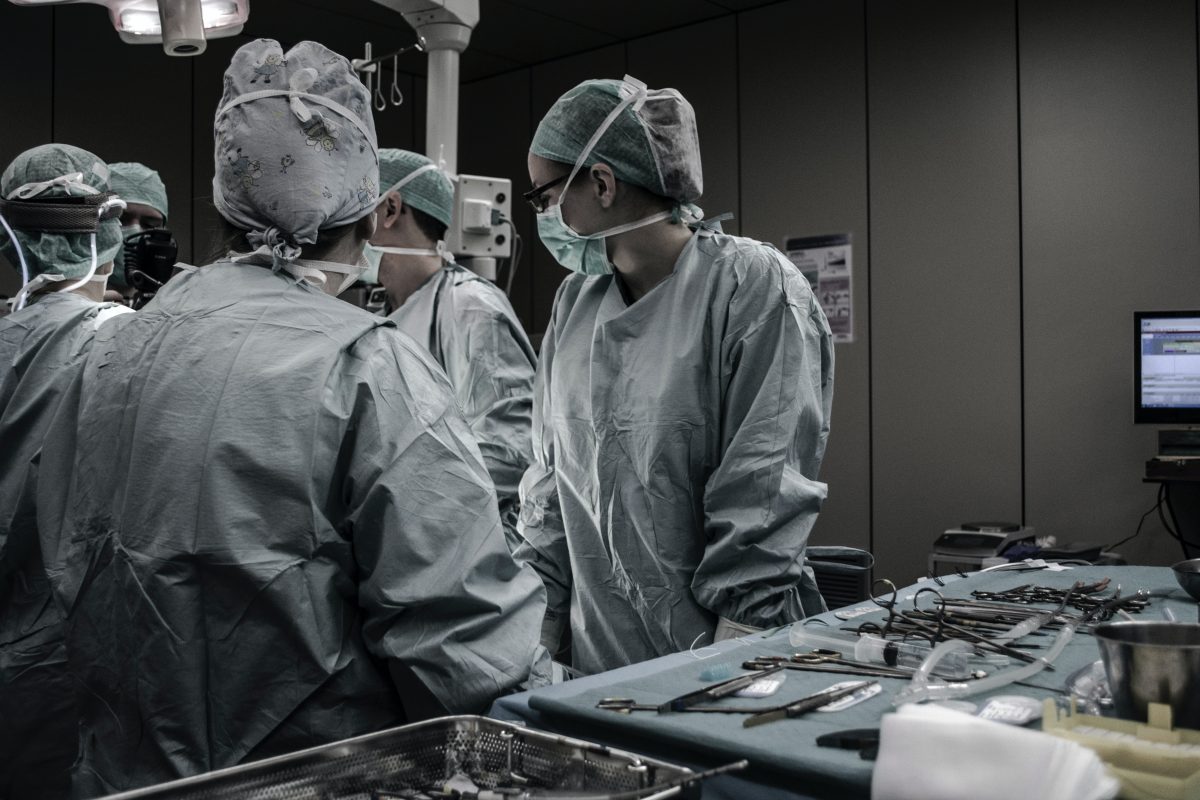
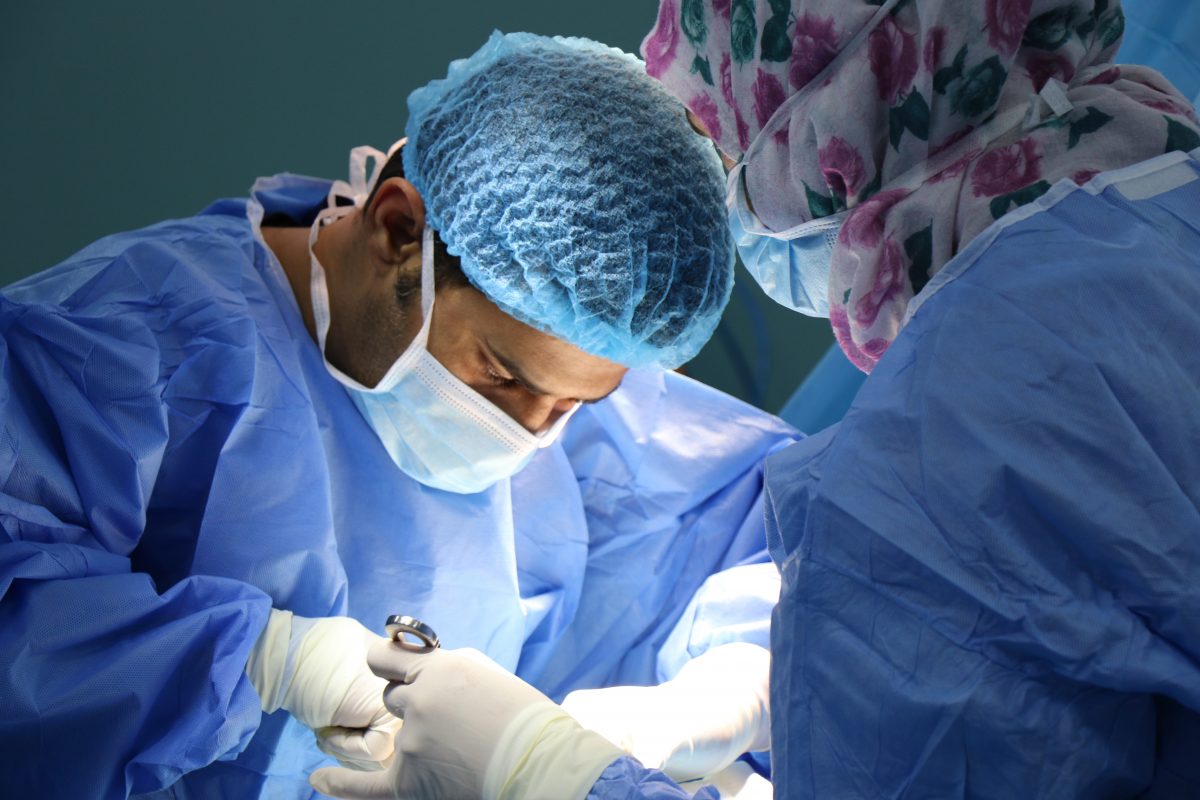
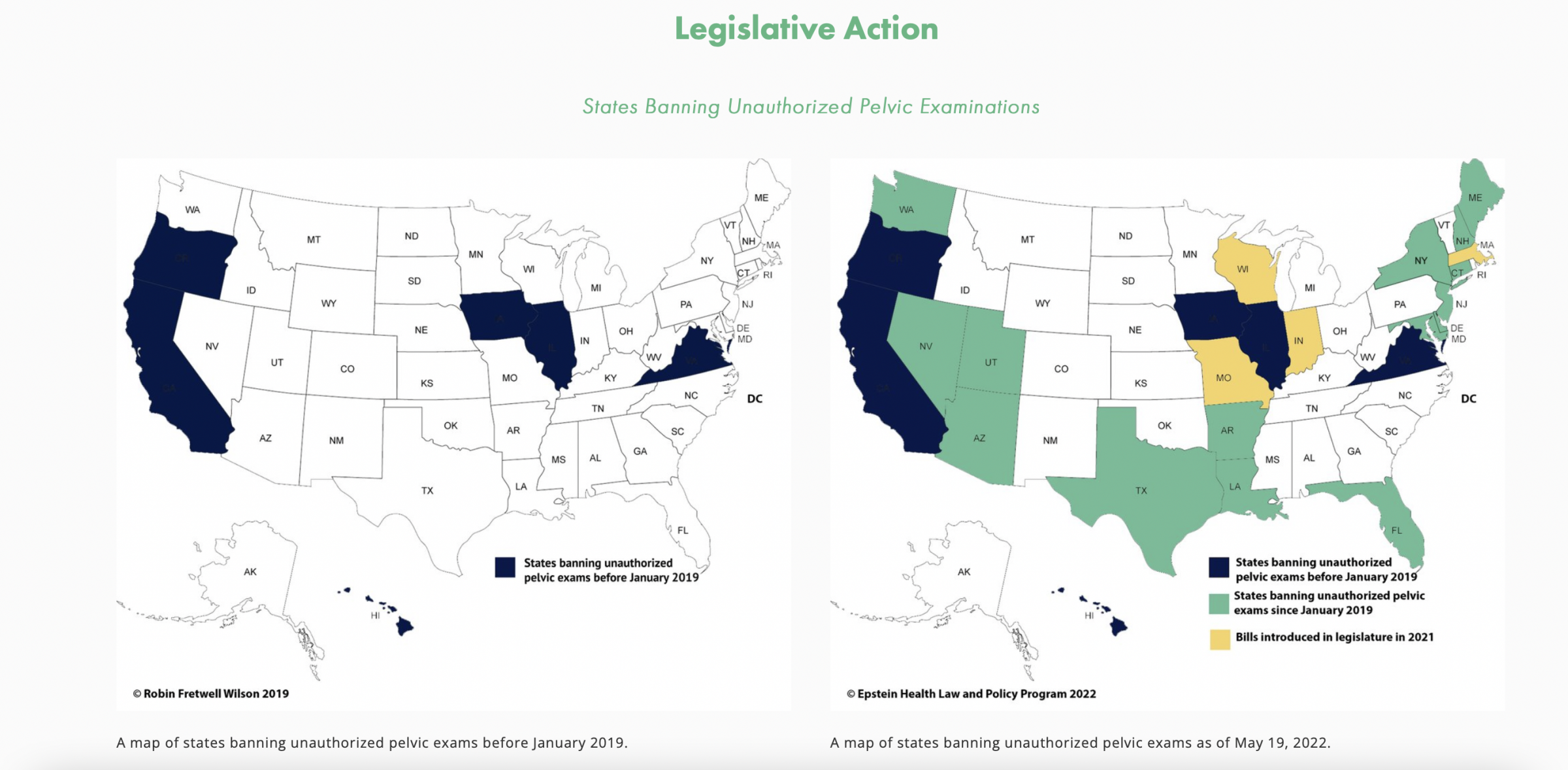

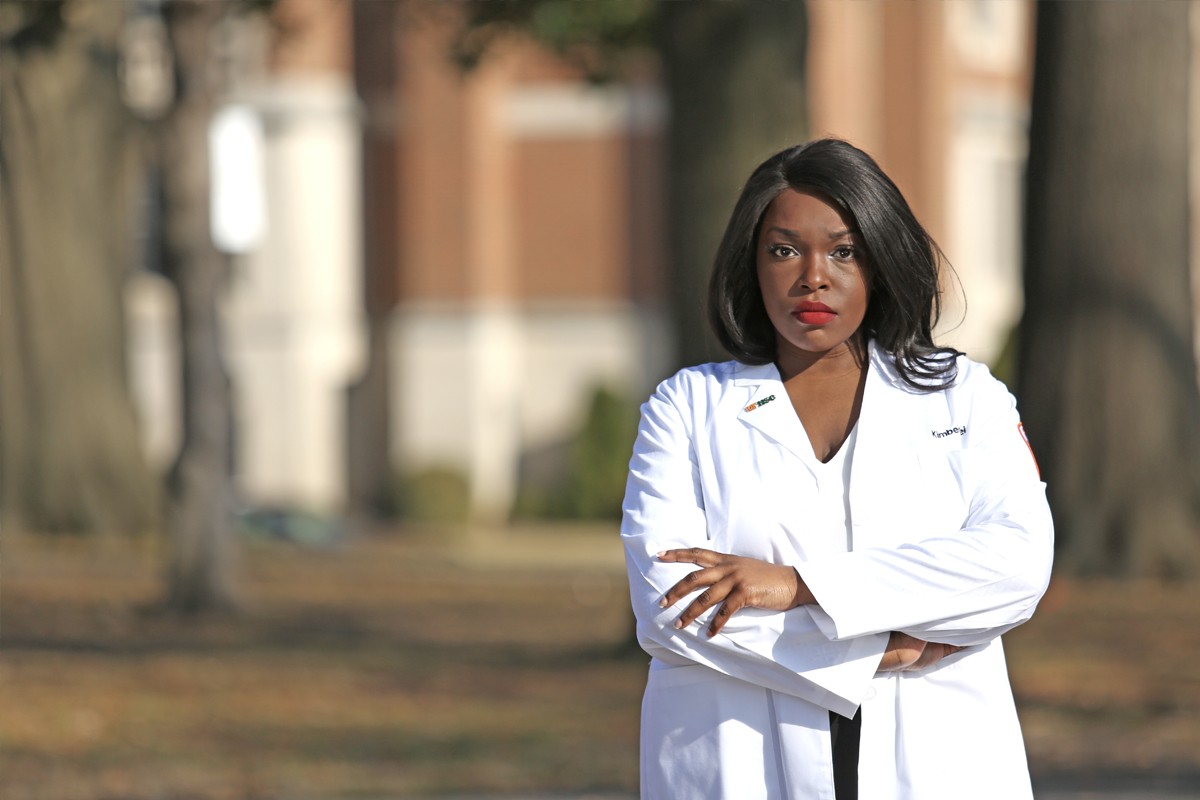 Kimberly Diei UTHSC Student Courtesy of FIRE
Kimberly Diei UTHSC Student Courtesy of FIRE  Kimberly Diei UTHSC Student Courtesy of FIRE
Kimberly Diei UTHSC Student Courtesy of FIRE 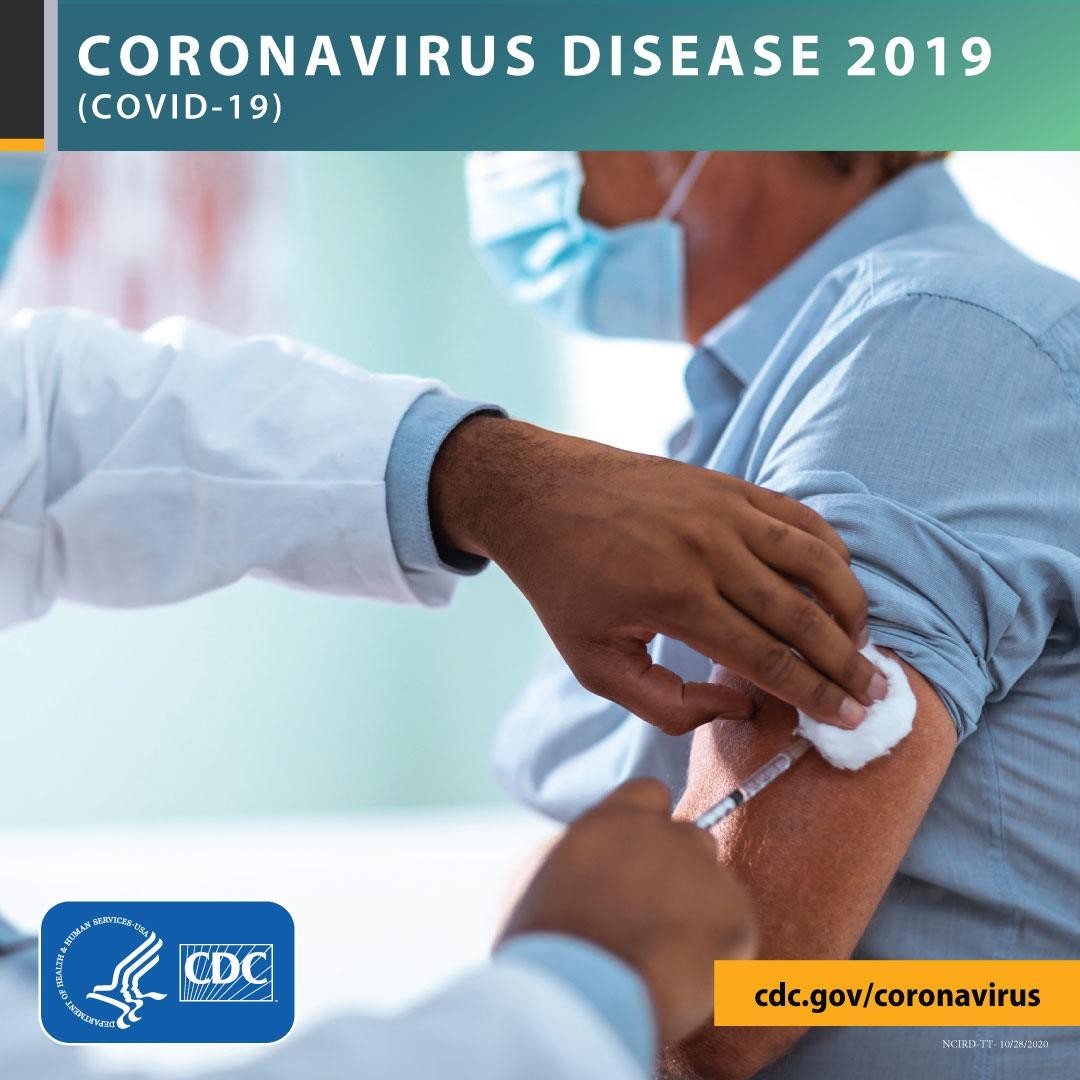 Centers for Disease Control and Prevention/Facebook
Centers for Disease Control and Prevention/Facebook 
 Lyft
Lyft  Lyft
Lyft 